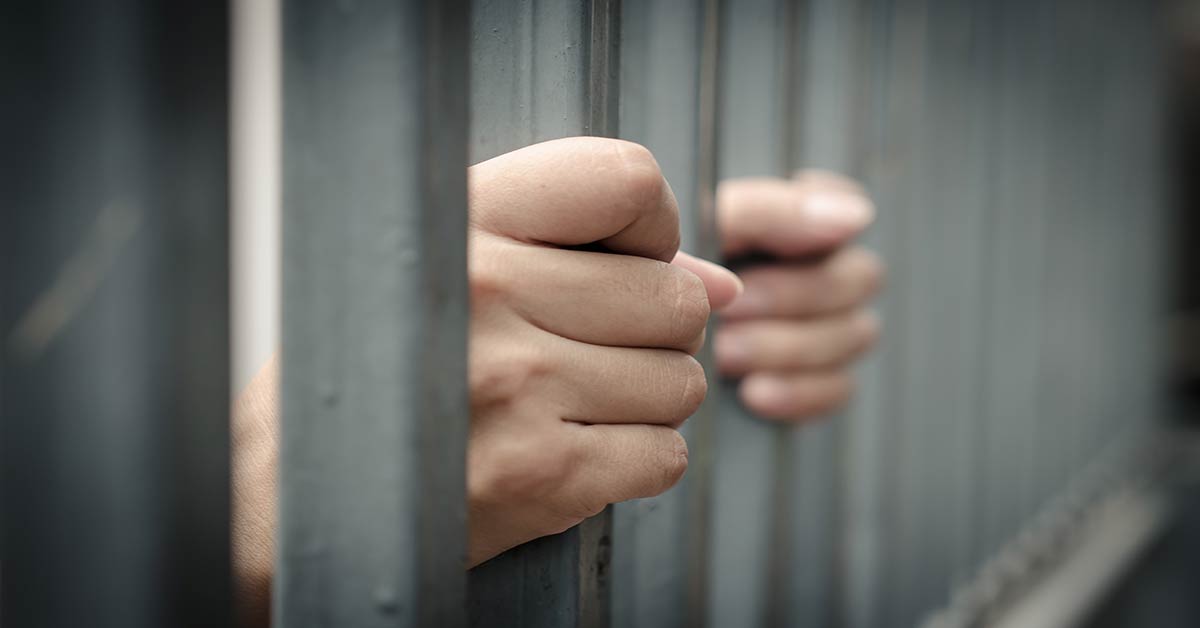Can Felons Live in Recovery Residences?
Sober homes have been around for a long time. They began in England in the 1700s and were used for young people who committed crimes. After being proven to be an effective method of rehab, the United States introduced something similar for people who had just come out of prison.
The purpose of a sober house is to give those in recovery a safe, supportive, and affordable place to live after treatment. Sober houses provide a positive living environment that helps addicts reduce the chances of a relapse.
According to the National Institute of Health:
Sober Living Houses (SLHs) may be a promising option for individuals on probation or parole who need housing in a drug and alcohol-free environment. The primary characteristic of SLHs is that they are alcohol- and drug-free residences for individuals who are establishing or maintaining sobriety. The recovery philosophy relies on the “social model” theory that emphasizes peer support, 12-step recovery principles, and peer empowerment in the recovery process. SLHs do not offer onsite treatment services, but they typically mandate or strongly encourage attendance at mutual help groups such as Alcoholics Anonymous. Some SLHs are part of outpatient treatment programs and provide places for persons to live while they attend the outpatient treatment program. However, many are “freestanding” SLHs exist that are not affiliated with any type of treatment program. (NIH)
Sober homes are beneficial for those who are homeless, completed treatment, have been released from incarceration, or don’t have the support they need to stay sober on their own. If you have a criminal record, including a felony, that should not disqualify you from being able to live in a recovery residence. These structured transitional environments were created for men and women with a checkered past that can include arrests and convictions. No one is judged in a sober home, the most important rule is that you must remain clean and sober.
Can Convicted Felons Live in Halfway Houses?
Yes, sober homes allow convicted felons. As stated above, this is the reason they were started in the first place. Sober homes help newly released inmates transition to life back into the real world without being worried about being homeless. A lot of times sober home stays are court-ordered. Usually, a person will be required to stay for a certain length of time.
Sober houses have several great benefits. One of the biggest and most positive benefits is the strong support system a person can develop. When you are in a sober home you are with other people that want the same thing as you to stay clean. Attending support groups and 12-step meetings are usually a requirement of sober homes, but meetings help the individual to further create positive relationships. Having a curfew helps to keep each resident accountable while giving them a combination of freedom and structure to help them slowly adjust back to normal society.
Sober living homes help individuals find a job, make amends with friends and family or anyone that has been impacted by their addiction, locate housing after treatment, and most importantly, readjust to a normal daily life. They also help you learn your triggers to help prevent relapse, include therapy, and the development of healthy coping skills. Furthermore, they will help you create an emergency contact list to use in times of high stress or any sudden stressful situations that may arise.
Transitional Care for Addicted Individuals
If you or someone you love is looking for a premier, co-ed sober living facility, we would love to have you here at New You Sober Living. Our recovery residences treat everyone with the dignity and respect they deserve. We will help get you on the path to leading a successful long-term recovery, and our facility is beachfront so you can relax and find your inner self. Our team of specialists is available around the clock to assist you, so give us a call today.



